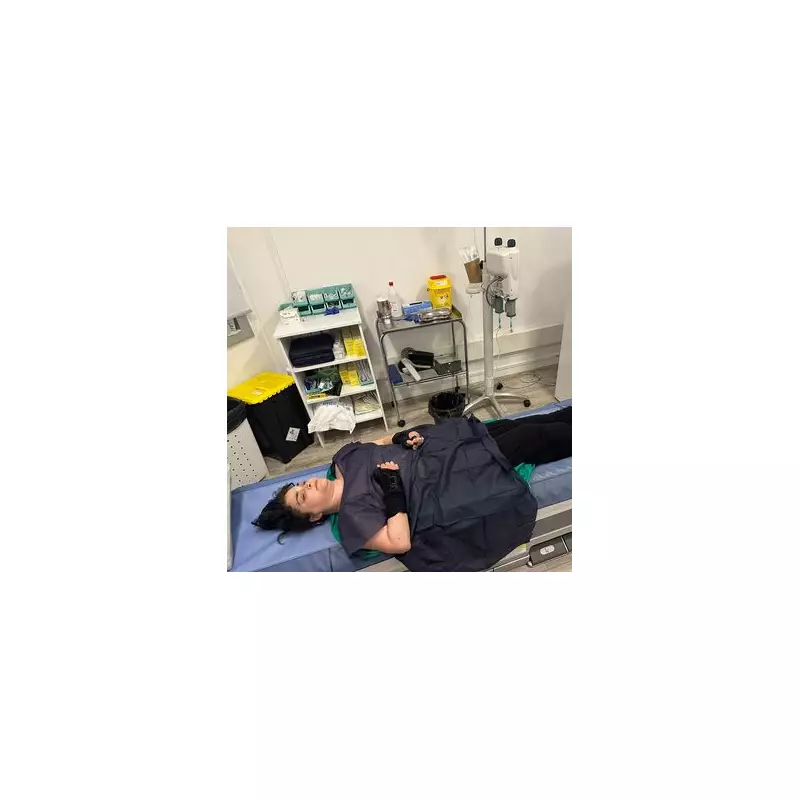
Imagine being unable to laugh, cough, or even take a deep breath without your ribs popping out of place. For 22-year-old Demi O'Neill from Manchester, this is her daily reality, a painful condition that has stolen her ability to work and enjoy life's simplest pleasures.
Living in Constant Fear of Movement
Demi suffers from a debilitating condition called Hypermobility Spectrum Disorder (HSD), which causes her joints to be unusually flexible and unstable. Her ribs dislocate with startling frequency – sometimes as often as 30 times a day – triggered by the most ordinary bodily functions.
"I can't laugh, my ribs pop out," Demi explains, her voice tinged with the exhaustion of constant pain. "If I cough, they pop out. If I sneeze, they pop out. If I breathe too deeply, they pop out."
A Life Put on Hold
The condition has completely derailed Demi's life. What should be the vibrant years of her early twenties are instead dominated by hospital visits, pain management, and isolation.
- Unable to work: She had to leave her job due to the unpredictable nature of her symptoms
- Social life destroyed: Simple gatherings with friends become minefields of potential triggers
- Constant pain: Even sleeping is difficult, as turning over in bed can cause dislocations
- Mental health impact: The condition has taken a severe toll on her psychological wellbeing
The Search for Answers and Treatment
Demi's journey to diagnosis was fraught with challenges, a common experience for those with rare conditions. After years of uncertainty, she finally received her HSD diagnosis, but finding effective treatment remains an ongoing battle.
She currently manages her symptoms with strong painkillers and attends regular physiotherapy sessions at Manchester Royal Infirmary, where specialists are working to strengthen the muscles around her rib cage to provide more stability.
Raising Awareness for Invisible Illnesses
By sharing her story, Demi hopes to raise awareness about invisible disabilities and rare medical conditions that often go misunderstood.
"People see a young woman and don't understand why I'm not working or going out with friends," she says. "They don't see the constant pain or the fear of something as simple as a surprise laugh."
Her courage in speaking out provides a powerful voice for others living with similar invisible challenges, reminding us that not all disabilities are visible, and not all battles are easily seen.





